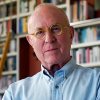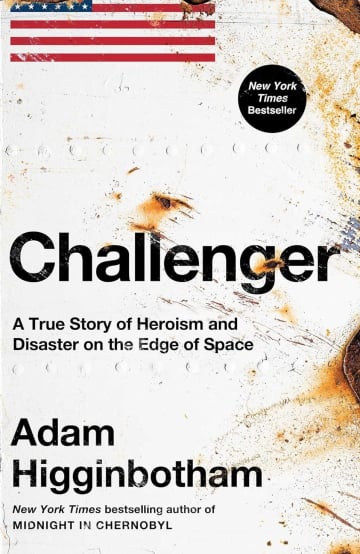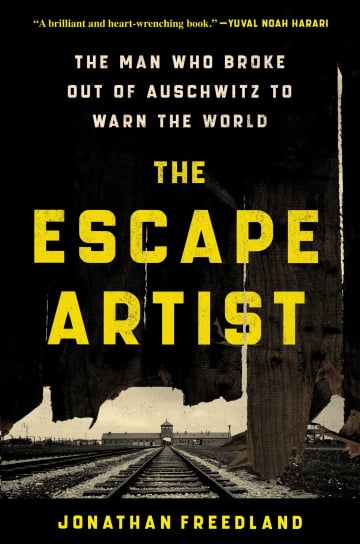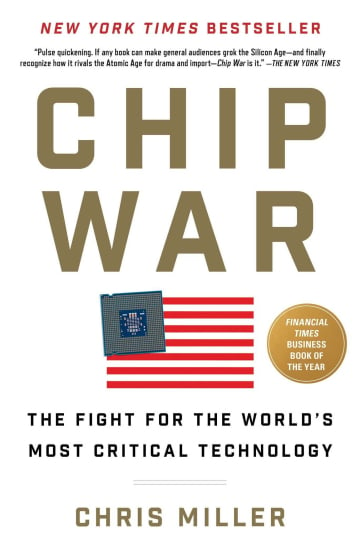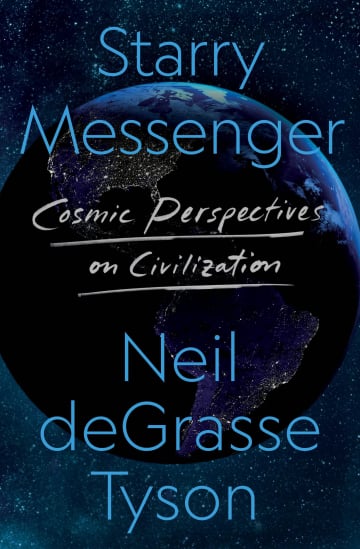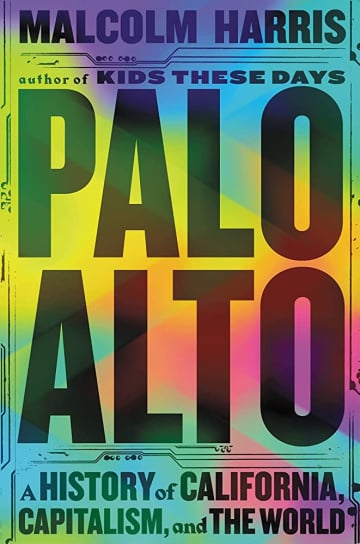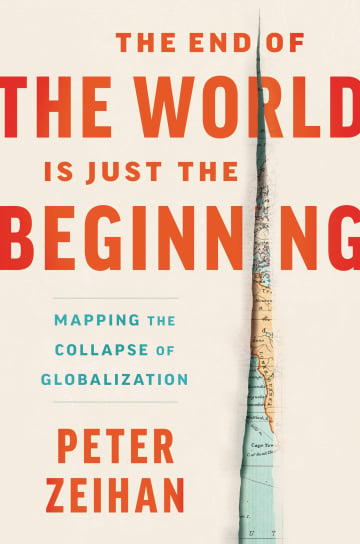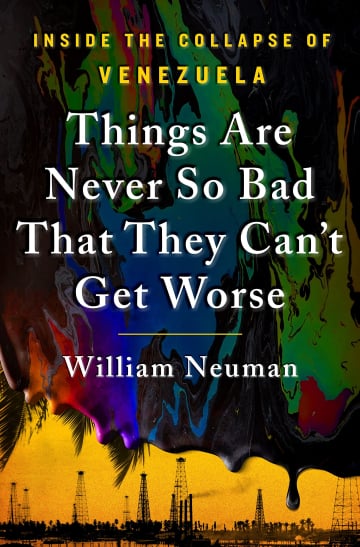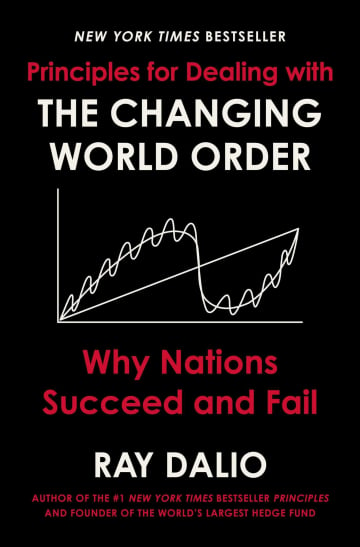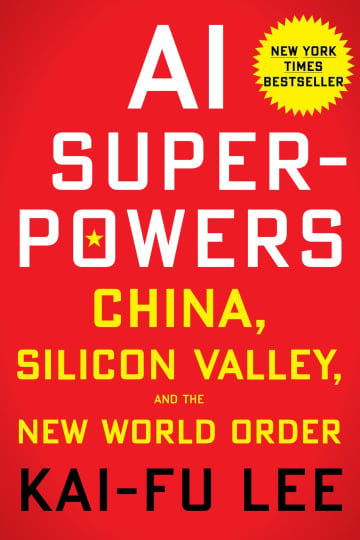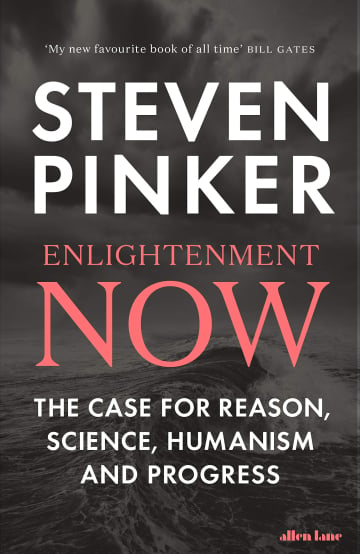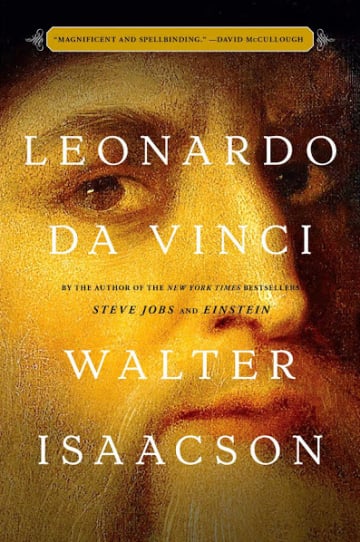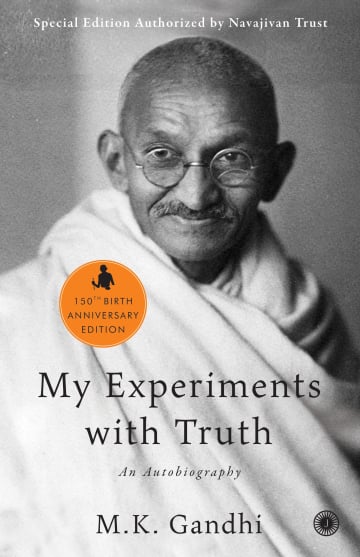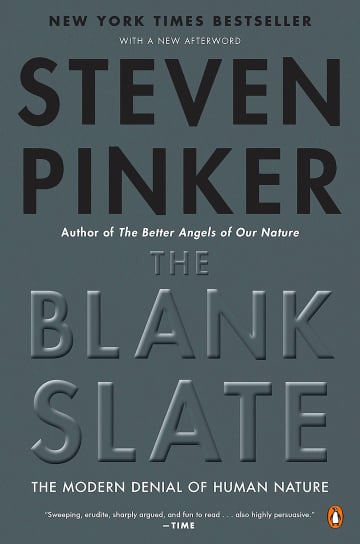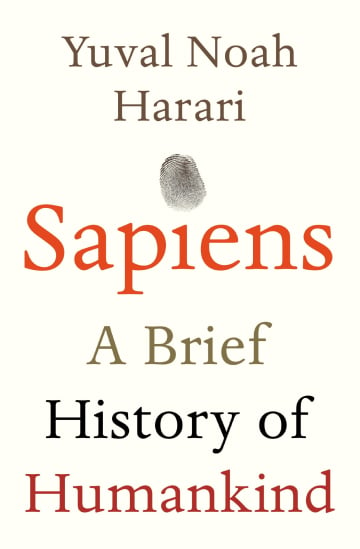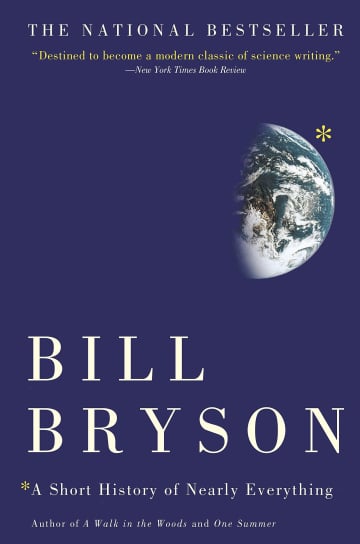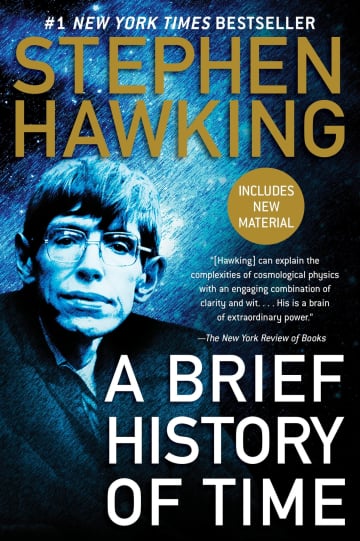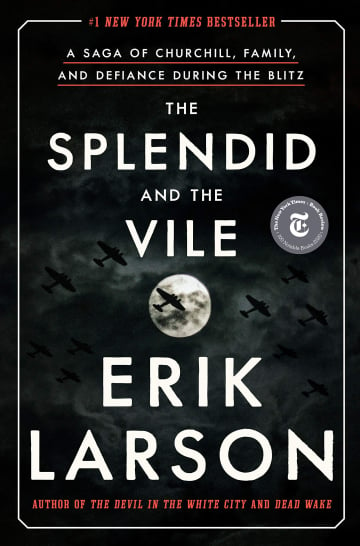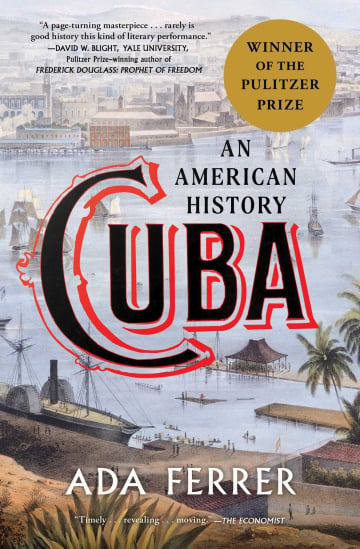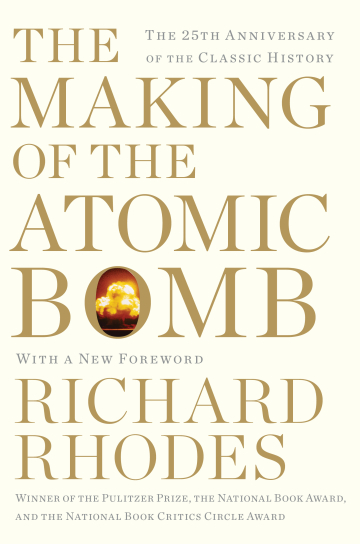
The Making of the Atomic Bomb
⚡️ 12 Quotes from the book
“It is a profound and necessary truth that the deep things in science are not found because they are useful; they are found because it was possible to find them.”
“We can imagine that this complicated array of moving things which constitutes “the world” is something like a great chess game being played by the gods, and we are observers of the game. We do not know what the rules of the game are; all we are allowed to do is to watch the playing.”
“In the real world it is meaningless to doubt existence; the doubt itself demonstrates the existence of the doubter.”
“The difference between the thinking of the paranoid patient and the scientist comes from the latter’s ability and willingness to test out his fantasies or grandiose conceptualizations through the systems of checks and balances science has established—and to give up those schemes that are shown not to be valid on the basis of these scientific checks.”
“For the scientist, at exactly the moment of discovery—that most unstable existential moment—the external world, nature itself, deeply confirms his innermost fantastic convictions.”
“Before it is science and career, before it is livelihood, before even it is family or love, freedom is sound sleep and safety to notice the play of morning sun.”
“The word meltdown had not yet entered the reactor engineer’s vocabulary—Fermi was only then inventing that specialty—but that is what Compton was risking, a small Chernobyl in the midst of a crowded city.”
“There was a crowd there and then Fermi and I stayed there alone. I shook hands with Fermi and I said I thought this day would go down as a black day in the history of mankind.”
“Nations existed in a condition of international anarchy. No hierarchical authority defined their relations with one another. They negotiated voluntarily as self-interest moved them and took what they could get. War had been their final negotiation, brutally resolving their worst disputes. Now an ultimate power had appeared.”
“I had become a bit annoyed with Fermi . . . when he suddenly offered to take wagers from his fellow scientists on whether or not the bomb would ignite the atmosphere, and if so, whether it would merely destroy New Mexico or destroy the world.”
“I looked at him and said, “Colonel, are we splitting atoms today?” This time he gave me a really funny look, and said, “That’s about it.”
“A nuclear weapon is in fact a total-death machine, compact and efficient.”
Related videos
Publications
The Wall Street Journal: Stephen Budiansky on scientists in World War II
The Washington Post: Nuclear weapons mess: we’re all in it together but don’t know how to get out alive
The New York Times: The Men Who Made the Sun Rise
Ask Albert:
Rate the book
⚡️ Discover Even More Bookish Wisdom
recommends
recommends
